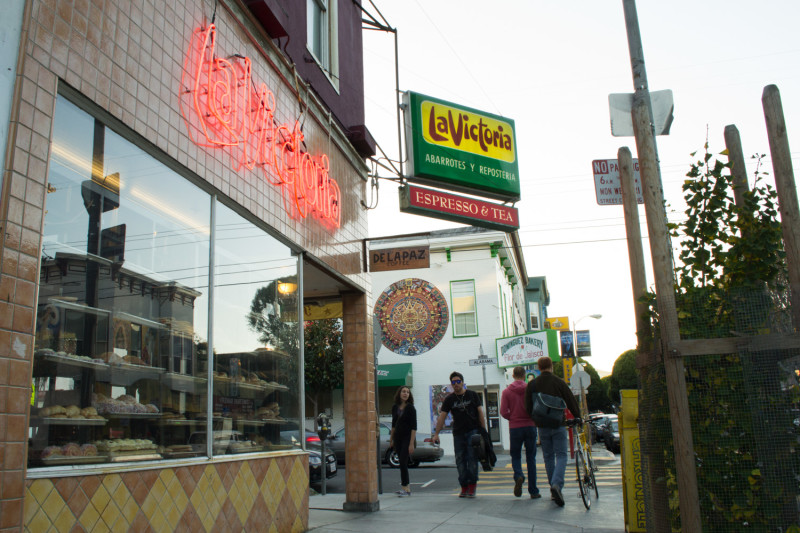San Francisco city officials plan to put a measure on the November ballot asking voters to back a preservation fund supporting longtime small businesses and nonprofits facing rising commercial rents and gentrification.
"They have a very important part in the character of these neighborhoods, and unless the city makes an investment in helping them, they're going to fail," says Supervisor David Campos, who is sponsoring the legislation along with supervisors John Avalos, Jane Kim and Eric Mar.
Last year, the city's budget and legislative analyst issued a report saying thousands of businesses would close, driven in part by commercial real estate prices. It predicted that if current trends continue, more than 5,000 businesses would close or change locations by 2019.
Campos says the proposed measure, the first of its kind in the nation, was crafted in consultation with a broad array of stakeholders, including the small business community, preservation activists like SF Heritage, nonprofits, the Chamber of Commerce and realtors.
"We have worked with folks that are not necessarily on the same page and said, 'How can we as San Francisco prioritize these legacy businesses?'"
